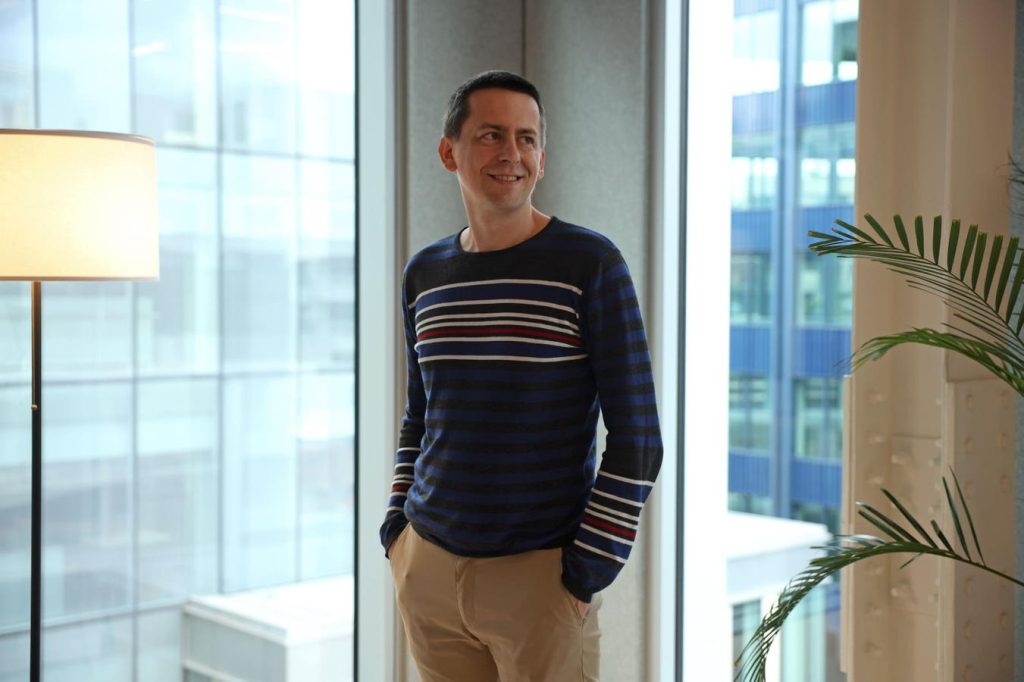John Jumper, the director of Google DeepMind, recently won the Nobel Prize in Chemistry alongside co-founder Demis Hassabis for their creation of AlphaFold, an AI model that predicts the structure of proteins. This breakthrough has revolutionized the field of protein folding, which has been a challenging problem in science for over 50 years. With AlphaFold, DeepMind was able to predict millions of folding patterns using generative AI, significantly speeding up the process and opening doors for drug discoveries and new materials development.
The two Google scientists shared the award with David Baker, a professor at the University of Washington, who used software to invent a new protein. Baker, who founded the university’s Institute of Protein Design, expressed his surprise at the growth of the field in recent years, noting that protein folding was previously considered a fringe area of study. The recognition of their work by the Nobel committee signifies the importance and impact of AI in scientific research and discovery.
John Jumper, who joined DeepMind in 2017, became the youngest Nobel laureate in Chemistry in over 70 years. In an interview with Forbes, Jumper shared his disbelief upon receiving the news of the award and described the celebration that followed within the AlphaFold team. He discussed the current landscape of AI, highlighting the advancements in chatbots and image generation, as well as the specific applications of AI in scientific research, such as protein structure prediction.
As DeepMind continues to develop AlphaFold, they are integrating new technologies and foundation models to further advance the capabilities of the AI system. Jumper emphasized the importance of transfer learning and reasoning techniques in tackling scientific problems with limited data. He also addressed concerns about the potential misuse of AlphaFold by bad actors, stating that DeepMind actively assesses these risks before each release to ensure the technology is used responsibly.
The merger of DeepMind with Google Brain has not significantly changed the research and development process for the science team. Jumper noted that while there is increased collaboration and expanded capabilities within the organization, the mission and focus on scientific advancements remain unchanged. Despite the attention on rival AI labs, Jumper sees the interdisciplinary approach of DeepMind as a strength in tackling complex scientific challenges.
Looking ahead, Jumper expressed excitement about the opportunities presented by AlphaFold in drug development and cellular understanding. By leveraging AI to improve protein structure prediction and study complex biological systems, DeepMind aims to drive significant advancements in science. Jumper highlighted the potential for AlphaFold to revolutionize our understanding of the cell and lead to groundbreaking discoveries in the field of biology and medicine.















